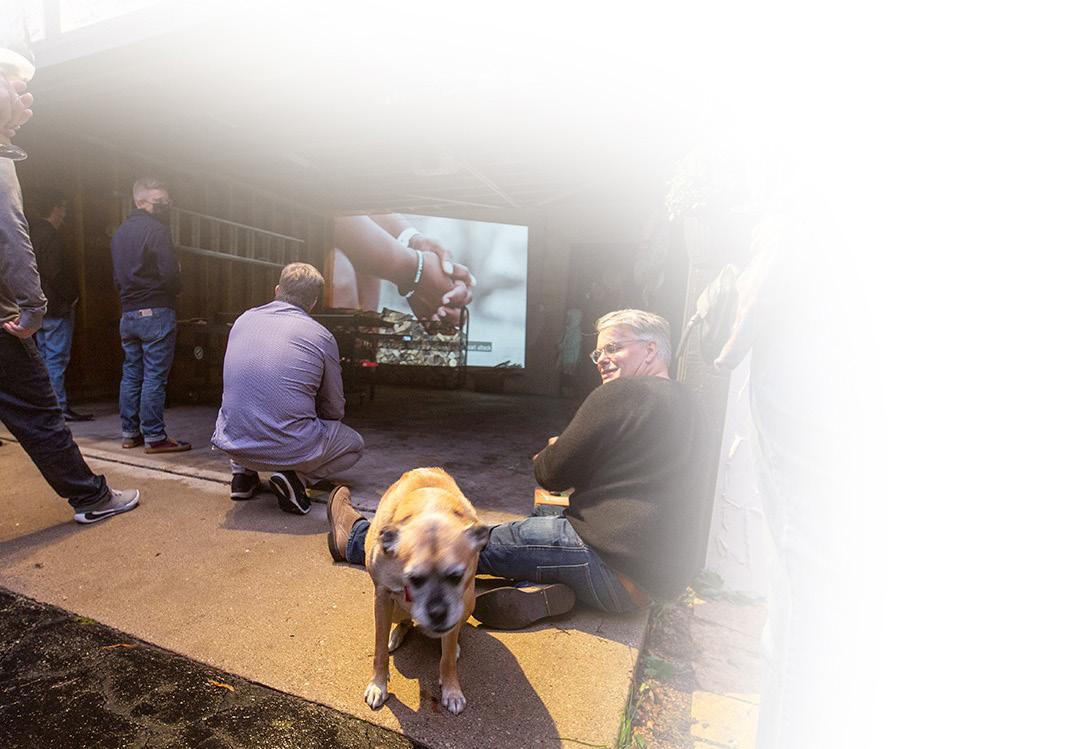24
www.uslaw.org U S L A W
Stopping It Before It Starts:
Heading Off Discovery Abuse at the Earliest Stages Martin S. Driggers Jr., Richard E. McLawhorn, and Brandon R. Gottschall
Discovery is increasingly expensive and contentious in today’s litigation. Parties seemingly request endless documents and notice endless depositions. Often, the connection between discovery and the actual issues at play appears tenuous, at best. These issues are not always imaginary: one court recently described modern discovery practice as “a cottage industry” that relegates the merits of a claim “to a secondary status.”1 Yet, enforcement of discovery limits occurs far too infrequently, and your adversary likely has little to lose in attempting to exceed those limits. Given the potential benefits and low costs of pursuing overbroad discovery, along with the sparse enforcement of discovery limitations in some jurisdictions, litigators should proactively consider how to protect their client from abusive discovery while also avoiding unnecessary discovery disputes.
Sweeny, Wingate & Barrow, P.A.
BE SURE ONLY PROPER PARTIES ARE NAMED The most important first step a party can take to help control the scope of discovery may be narrowing the party or parties responsible for responding to discovery. A complaint, cross-claim, or counterclaim may name innocent subsidiaries, parent or sister companies, and others in an effort to broaden the pool of available discovery sources. To help cut short this type of discov ery abuse, parties and their counsel should communicate as soon as possible regarding the corporate structure, the named corporate defendants, and the corporation that employs any named individual defendants. In the event incorrect parties are named, counsel should first contact opposing counsel and request amendment of the complaint to eliminate improper parties. This
may be especially important when a parent corporation has been improperly named: some courts have held that the parent corporation is in possession of the documents of its subsidiary corporations but not vice versa.2 When negotiating to have a party dis missed, remember the rule of reciprocity: if possible, offer something in exchange. Can you accept service for the properly named defendant? Can you offer other procedural assistance? These and other small concessions may pay dividends by limiting sources of potential discovery and liability. CONSIDER ANSWERING DISCOVERY FOR EACH PARTY SEPARATELY Opposing parties often send affiliated parties a single set of joint discovery requests. By default, responding attorneys frequently respond jointly on behalf of all

















